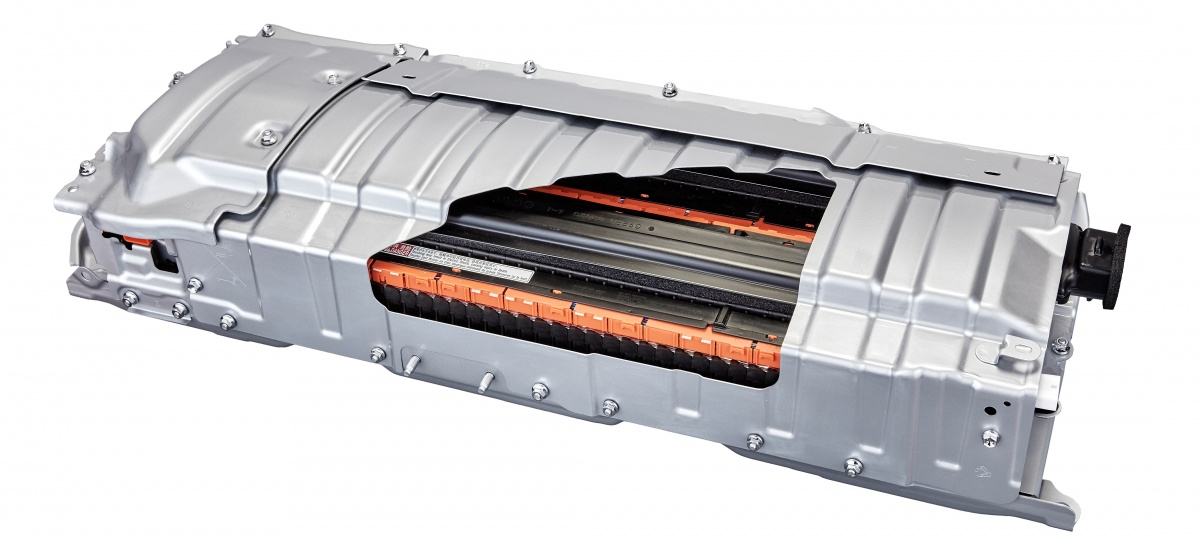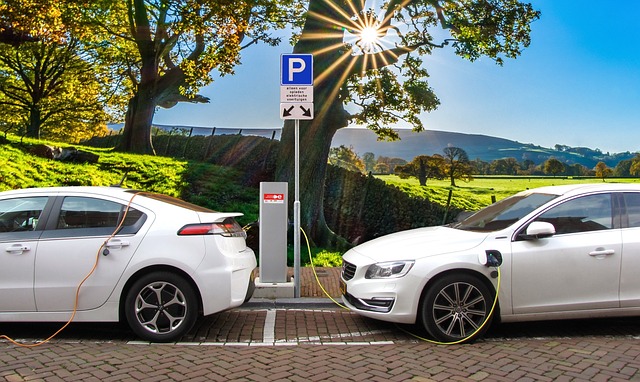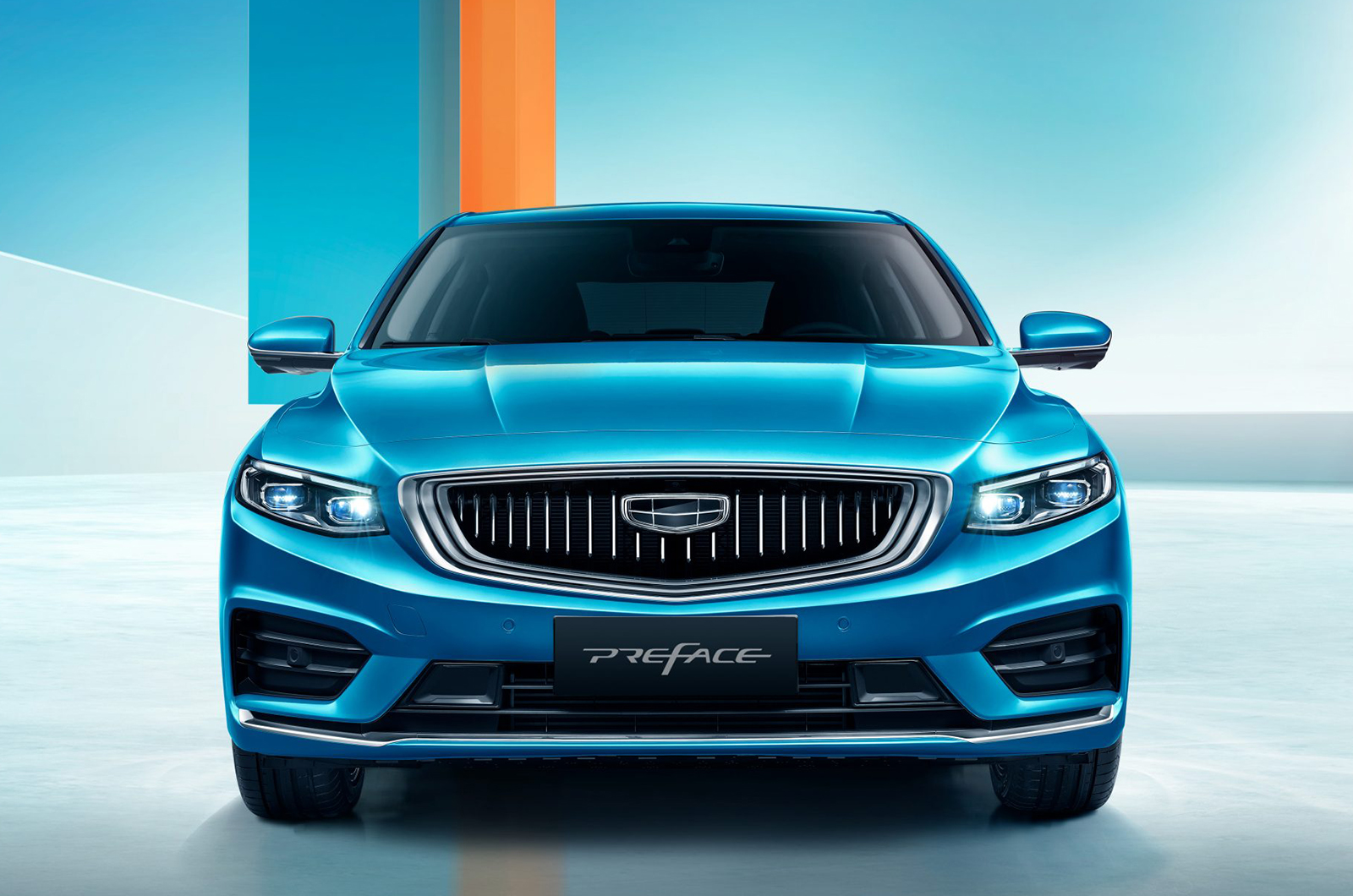
Toyota plans to launch solid-state electric vehicle (EV) batteries with a range of up to 750 miles and 10-minute fast charging, aiming to catch up with Tesla in the EV market. The company has partnered with Idemitsu Kosan to develop these batteries, with a rollout scheduled to begin in 2027. Toyotas innovative technology aligns with Indias goal of becoming a global leader in electric vehicles, as the nation aims to increase electric car sales to 30% by 2030.
At an investment summit in India, Vikram Gulati, head of Toyota Kirloskar Motor, confirmed the company’s plans to launch solid-state electric vehicle (EV) batteries. These batteries are expected to have a range of up to 750 miles (1,200 km) according to the WLTP standard and will feature 10-minute fast charging. Toyota aims to utilize this new technology to close the gap with Tesla.
However, the launch of these batteries is still a few years away, which means that Toyota may fall further behind in the EV market. The company has been teasing the development of solid-state EV battery technology for quite some time now. In June, Toyota announced a “technological breakthrough” and expressed their commitment to accelerating the development process. To make this a reality, Toyota partnered with Japanese oil giant Idemitsu Kosan in October to develop and build these batteries. The initial rollout of the batteries is scheduled to begin in 2027, with mass production following thereafter.
The new announcement from a representative of Toyota indicates that the company plans to introduce electric vehicles equipped with solid-state batteries in the near future. These batteries will enable the vehicles to charge in just 10 minutes and provide an impressive range of 1,200 km (750 miles). Additionally, the battery’s lifespan is expected to be very good. This move by Toyota aligns with India’s goal of becoming a global leader in the transition to electric vehicles.
Although electric cars only accounted for 2% of overall vehicle sales in India last year, the nation aims to increase this to 30% by the year 2030. In fact, India’s road transport minister predicts that annual electric vehicle sales could reach 10 million by the end of the decade. Toyota’s innovative technology promises to offer fast charging capabilities and a significantly extended range for their electric vehicles.
Toyota has ambitious plans for the development of their next-generation electric vehicle batteries. First and foremost, they aim to introduce a Performance lithium-ion battery in 2026. This battery will provide approximately 20% more range than their current bZ4X model, allowing drivers to travel up to 500 miles. Additionally, it will have the advantage of fast charging, with just a 20-minute charging time.
Following the introduction of the Performance battery, Toyota intends to unveil their solid-state batteries. These batteries are considered a potential game-changer for battery electric vehicles (BEVs). However, they are not expected to be available until at least 2027. The company plans to gradually roll out this new battery technology between 2027 and 2028, with mass production projected for 2030 and beyond.
It’s worth noting that Toyota has more in store beyond their solid-state batteries. In the year 2027, they will launch a version with a range of 621 miles (1,000 km) based on the WLTP test cycle. Furthermore, a further improved version with a range of 750 miles (1,200 km) will also be introduced. These upcoming releases showcase Toyota’s commitment to advancements in electric vehicle battery technology.
Toyota plans to launch ten new electric models in an effort to catch up to Tesla and BYD.
One of these models is the 2024 bZ4X, which is equipped with a lithium iron phosphate battery. This battery is designed to significantly reduce costs by approximately 40% compared to the bZ4X. In the US, the starting price for the bZ4X is $43,070, and it offers an EPA range of up to 252 miles. Toyota has set an ambitious goal to sell around 3.5 million EVs by 2030, accounting for approximately one-third of global sales. Despite Toyota’s promises about the solid-state EV battery improving range, charging, and cost reduction, it’s important to note that we have heard similar claims from them in the past.
Common folk have been deceived by Toyota’s ability to make them believe in a miraculous battery breakthrough that will solve all the problems of current generation electric vehicles (EVs) without any substantial evidence. It is quite impressive how Toyota is able to achieve this. Initially, Toyota had announced that their first solid-state battery-powered EV would be released in 2021, but subsequently postponed it to 2022. However, even now, in 2024, we have yet to witness this technology. Toyota has now set its sights on introducing solid-state batteries in 2027/2028, with mass production scheduled for after 2030. By that time, numerous other companies, including Volkswagen, Hyundai, Nissan, and BMW, will have already launched their own solid-state battery technology.
Peter Johnson, an experienced investor, financial writer, and EV enthusiast, has a keen interest in the auto industry’s transition to electric vehicles. This passion stems from his enthusiasm for electric vehicles, particularly Tesla. It has been a driving force behind his career in investments.
One of the recent developments in the electric vehicle industry that has caught Peter’s attention is VW’s PowerCo battery unit’s announcement about QuantumScape’s solid-state battery. According to the statement, this battery has the potential to cover a distance of 500,000 km (311,000 miles) with minimal range loss.



